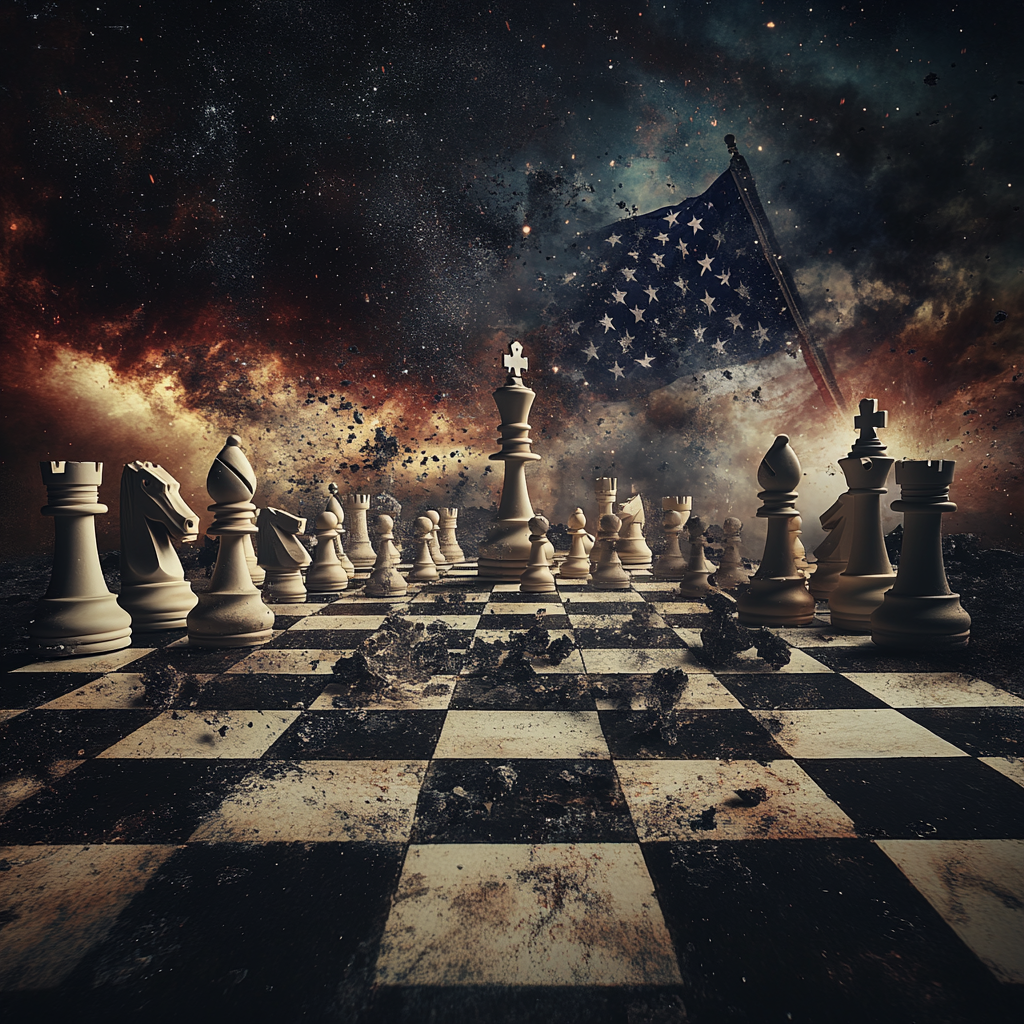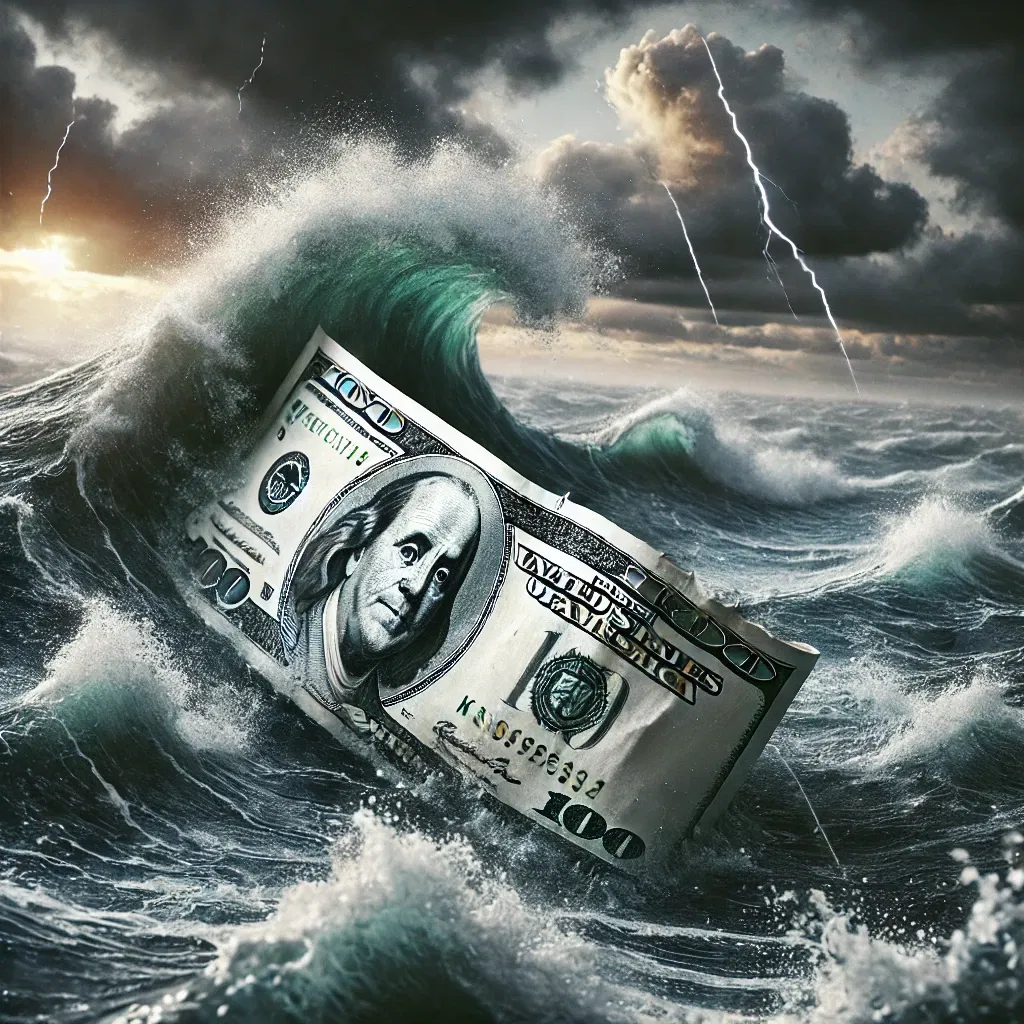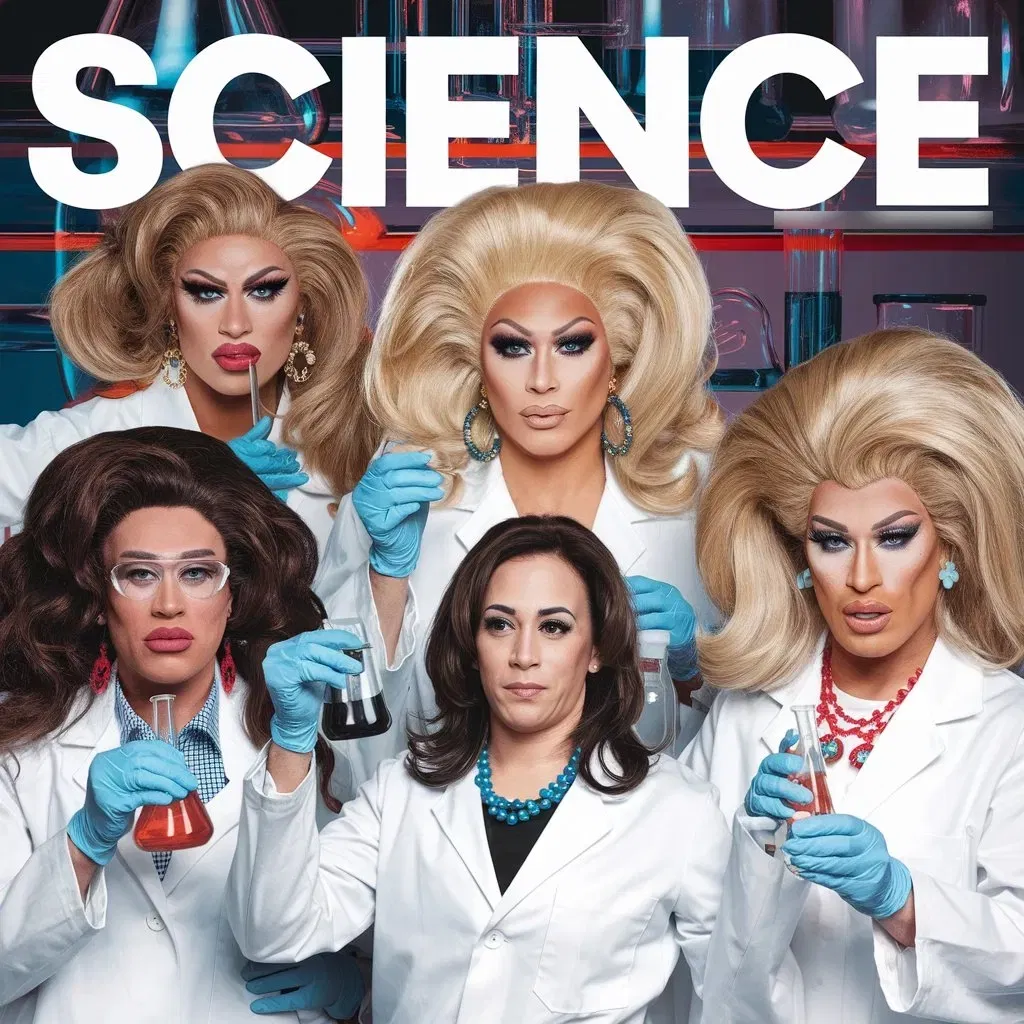September 7, 2012
Cape Town, South Africa
One of the unequivocal laws of the universe is that governments tend to screw up everything they try to do. When life gives them lemonade, they make lemon laws. Even if grounded in good intentions, all they know how to do is blow other people’s money and pass destructive new regulations.
In fact, I can only think of two institutions on this planet that have a more dismal long-term track record than government. The first is whoever ends up playing the Harlem Globetrotters. The other is central banks.
Presumably, the role of a central bank is to manage a nation’s money supply in order to smooth out booms and busts, and maintain a sound currency. But one need only look as far as the European Central Bank’s short 14-year history to get a sense of this massive failure.
The single currency is now being crushed by Himalayan mountains of debt. The ECB’s solution? Conjure hundreds of billions of euros out of thin air to buy this debt, from which they’ll most likely take a huge loss. In doing so, they enable the most indebted eurozone nations to go even deeper into debt, more conveniently, at lower interest rates.
This is like dousing yourself with gasoline before running into a burning nursing home so that you can deliver a noose to a terminal, comatose patient. It’s genius!
Yet in comparison to the ECB’s remarkable stupidity, one must truly stand in awe of the US Federal Reserve. No other organization in the history of the modern world has been such a serial failure at fulfilling its missions of (1) maximum employment and (2) stable prices.
Since the Fed’s creation nearly a century ago, the dollar has lost over 95% of its value, and the US has experienced an almost uninterrupted period of asset bubbles, market crashes, bailouts, bank runs, recessions, depressions, and other financial panics.
Unsurprisingly, there is a growing movement to End the Fed. This is a great idea, and it would be a moral victory. But the Fed is only one pathogen in a much larger monetary disease. I’ll explain–
Any run of the mill storage facility has a simple mission: store people’s stuff. Simple. If you bring them your bedroom set to store for a few months, they have to keep it safe and secure. They’re not allowed to rent it out to someone else on the side. If they do, this constitutes fraud, and it’s illegal. Yet this is exactly what banks do.
When you deposit funds at your bank, they don’t actually hold on to your money. They only keep a very small percentage of it (called the reserve), and then loan out the rest.
Let’s assume you deposit $100 at the only bank in town. The bank will hold a $5 reserve, then make a $95 loan to someone else. That guy ends up depositing the funds right back in the bank. But there’s a problem here: the bank now has deposits worth $195, but only the original $100 in cash. They’ve effectively ‘created’ $95 that doesn’t exist.
Like our furniture example, this is also fraud. But in the world of finance, they call it ‘fractional reserve banking’. And it’s completely legal, thanks to the Federal Reserve Act of 1913. Before this, banks were obliged to, you know, actually hold on to their customers’ deposits.
As such, because of fractional reserve banking, the commercial banks have enormous influence in distorting the money supply. It’s not just the Fed. So doing away with central banks, or even going back to the gold standard, won’t really solve the problem.
To really attack the root cause, you’d have to eliminate all the vestigial institutions like the FDIC that underpin this fraud of fractional reserve banking… plus the concept of fractional reserve banking itself.
But as you’re probably aware, nobody is talking about this idea, which means that there is no realistic hope of a sound currency on the horizon. That’s why it’s so important to gradually accumulate precious metals– turn those pieces of paper into something they can’t conjure out of thin air.









